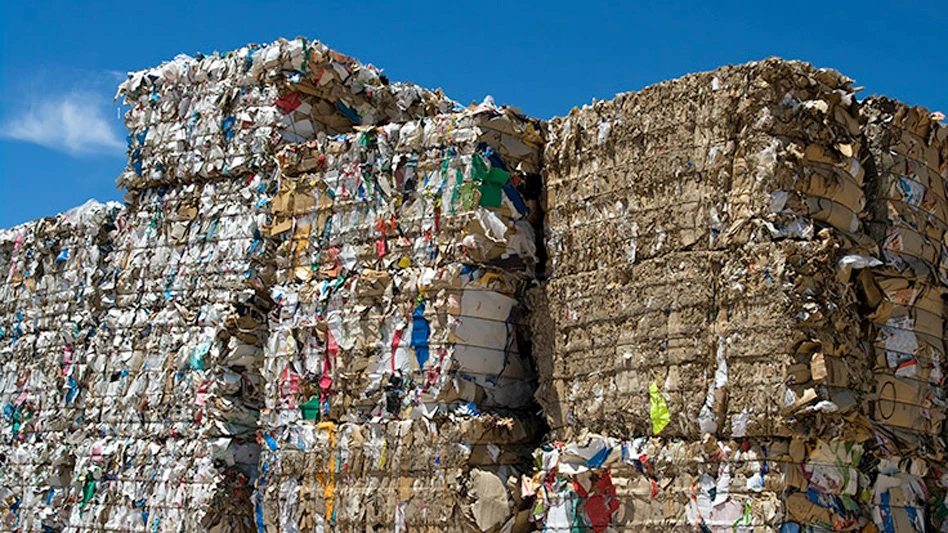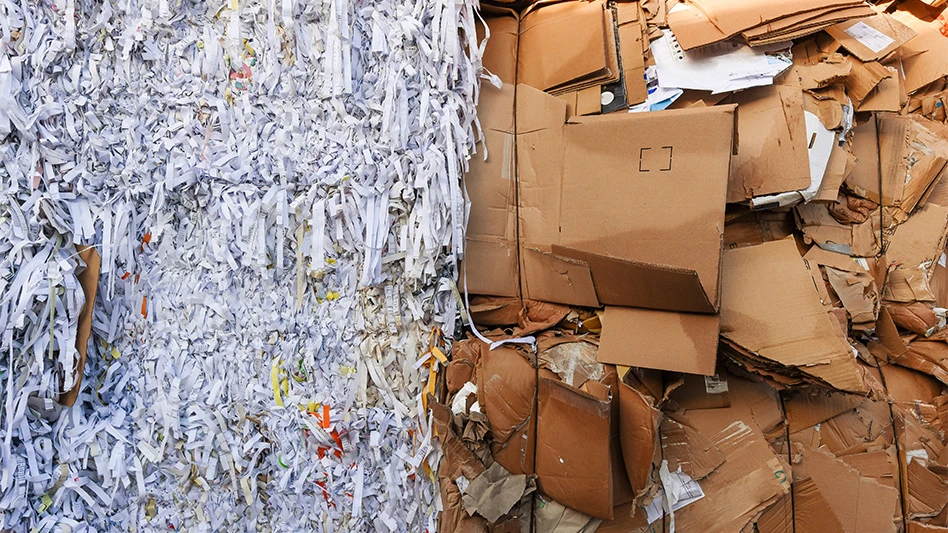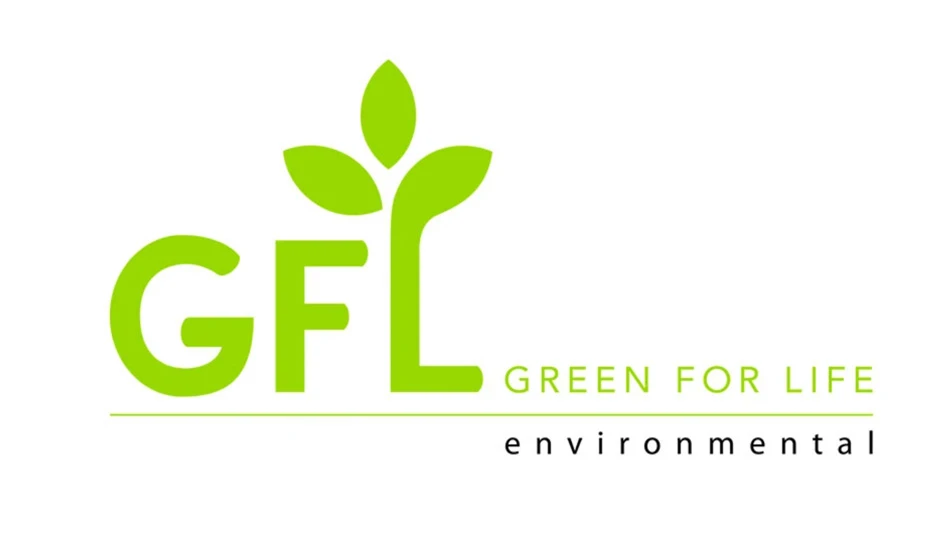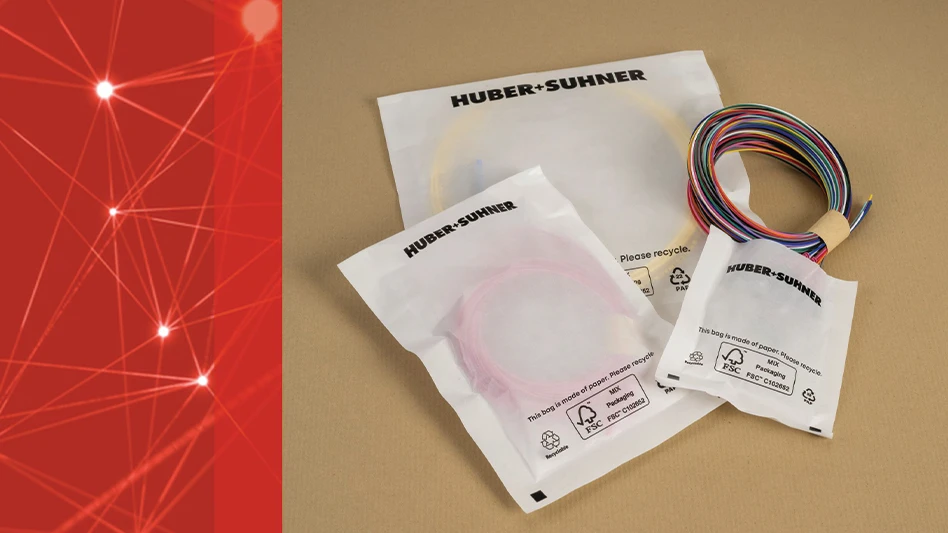
Klyuchinskiy Oleg | stock.adobe.com
The United Kingdom-based Confederation of Paper Industries (CPI) last week introduced Papercycle—a recyclability and certification service for the U.K. and beyond that assesses fiber-based packaging products and materials.
CPI says the online tool provides a comprehensive system to assess the recyclability of fiber-based products and materials in a consistent and credible way as well as identifies whether fiber-based packaging materials can be recycled in the U.K. and which type of mills can reprocess the material. The group says recyclability can be tested at any stage—finished or semifinished products.
Papercycle provides an instant diagnosis on recyclability following an online assessment, CPI says, but for more complex materials, it can conduct laboratory testing under the Confederation of European Paper Industries (Cepi) recyclability test method. Following a laboratory test, Papercycle provides a technical review service on how a product behaves under lab conditions to give insight into how the various components interact with each other, diagnose the most critical parts and signpost potential solutions for material modification. Thus, Papercycle can help prepare fiber-based packaging for certification and expansion in the U.K. and other markets, CPI says.
“As packaging materials have become increasingly complex, we have seen growing confusion over the recyclability of materials, with an over-simplified assessment approach threatening the quality of recycling,” CPI Director of Recycling Dimitra Rappou says. “Papercycle’s new service can remove the uncertainty faced by packaging designers, brands, retailers and policymakers on the recyclability of fiber-based products.”
According to a news release from CPI, because innovations in material development can make some paper products more challenging to recycle, assessments based on visual or simple compositional analysis are no longer sufficient. “Without a comprehensive assessment, there could be unintended environmental consequences such as packaging being sent to a recycling facility where it cannot be processed,” the group says. “Simple compositional analysis therefore potentially jeopardizes the move to a more circular economy and can disrupt the supply loop for business.”
CPI says it considered local and European industry standards and engaged with stakeholders across the paper industry who are advising on permissible nonfiber levels and parameters to develop Papercycle.
“We see this playing a crucial role in promoting a circular economy for fiber-based packaging, helping to reduce waste and lower carbon emissions by keeping materials in use for longer,” Rappou says. “By providing accurate information on recyclability, Papercycle enables brands and manufacturers to design and develop packaging solutions that contribute to a more sustainable future.”
Latest from Recycling Today
- Metallium completes fundraise for critical minerals recycling
- Mykita equips all optical demo lenses with Eastman Tritan Renew
- US Plastics Pact announces leadership change
- Joco, WALTER launch e-mobility recycling program in NYC
- Sonoco COO to retire after 40 years at company
- New Jersey passes law to limit single-use plastic utensils
- Reju selects site for US textile recycling facility
- Wieland Chase expands northwest Ohio facility





